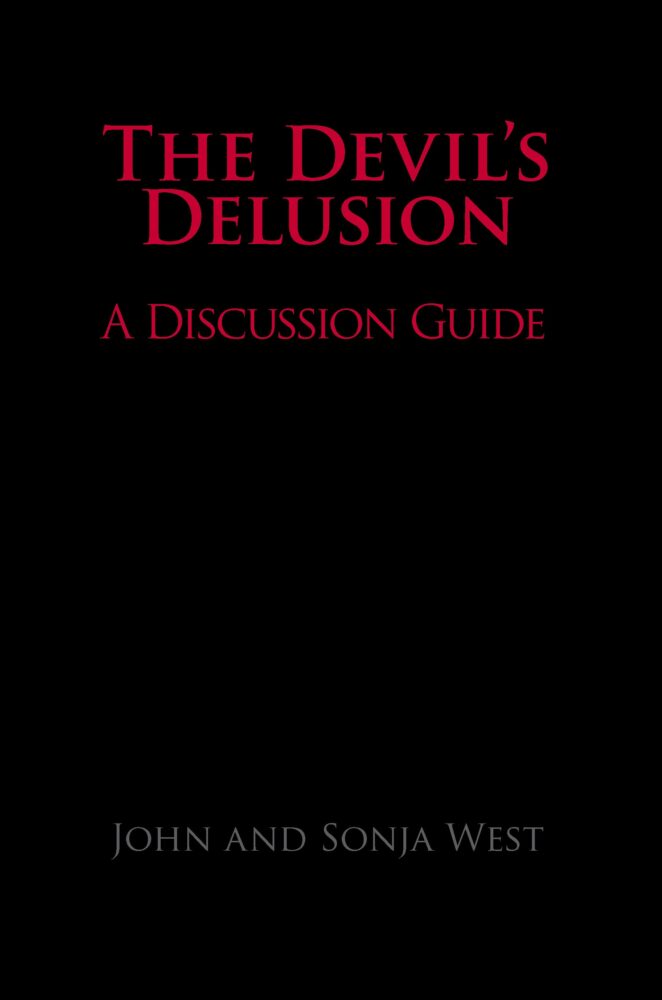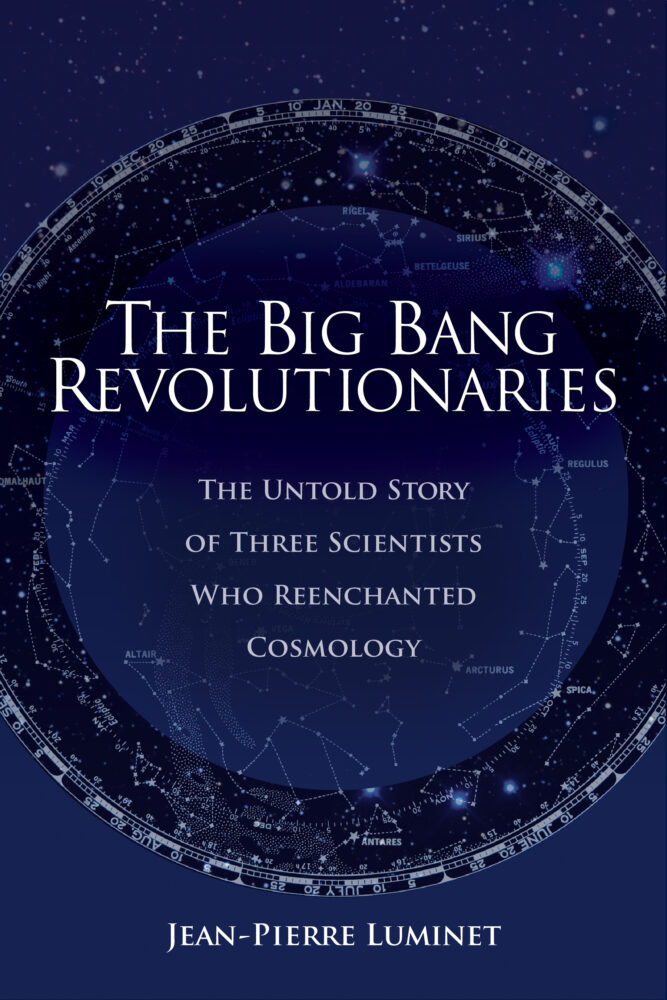
Science

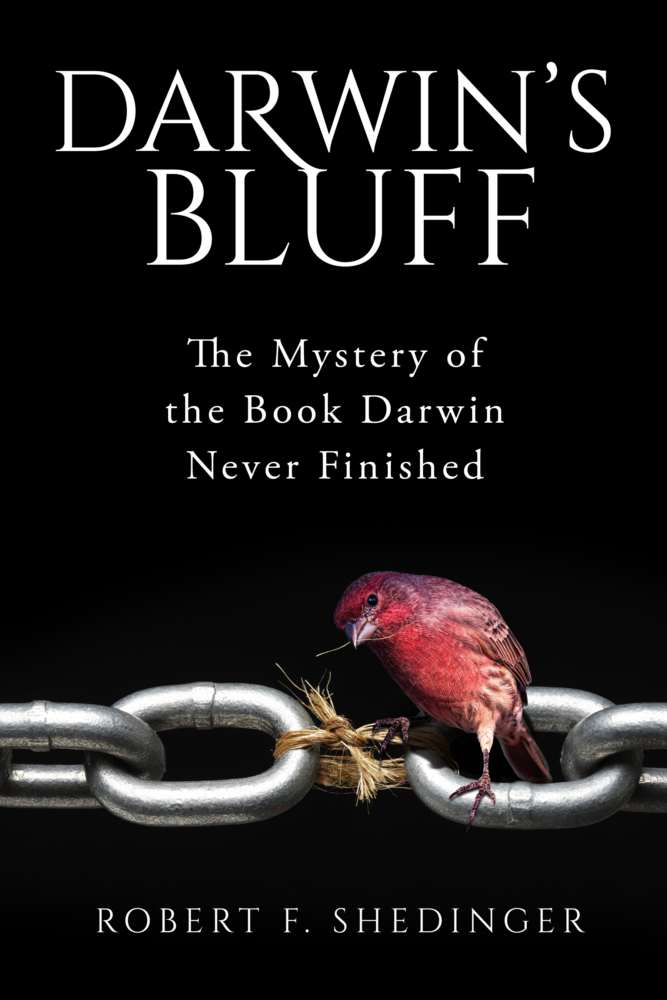
Darwin’s Bluff
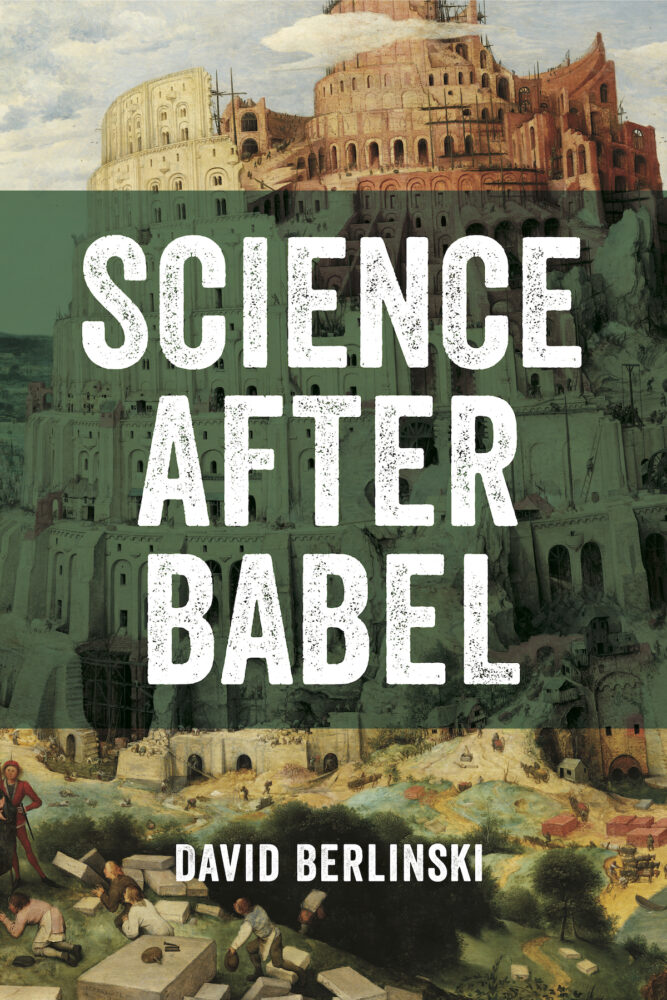
Science After Babel
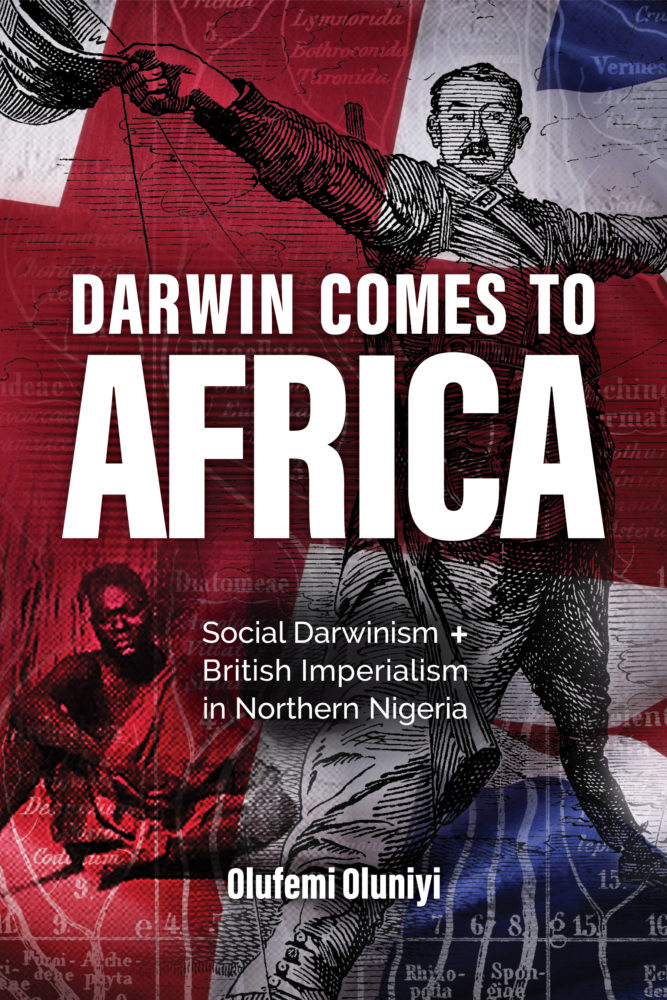
Darwin Comes to Africa
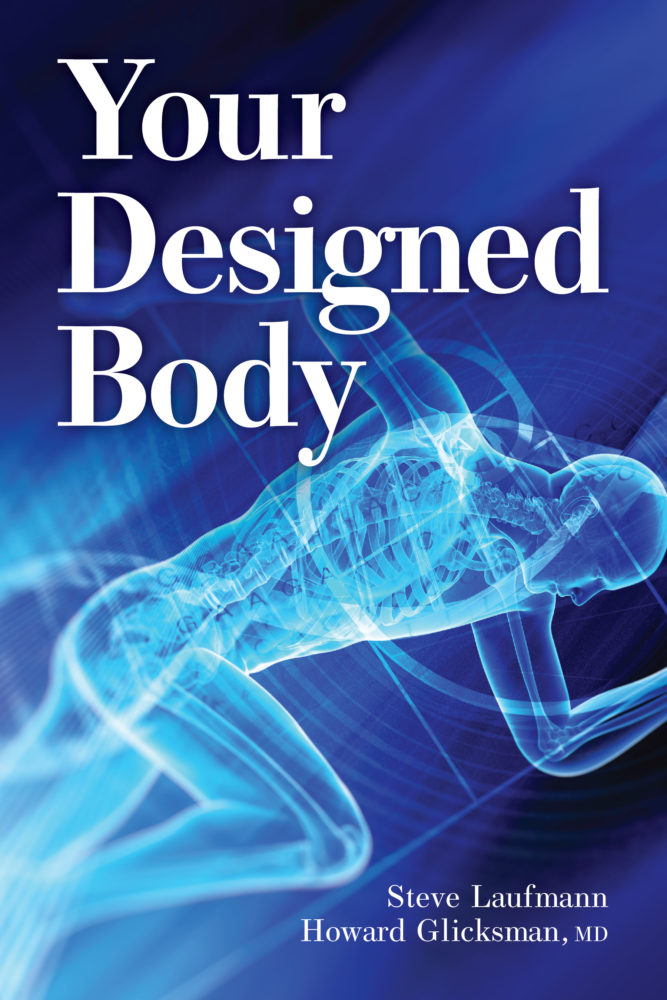
Your Designed Body
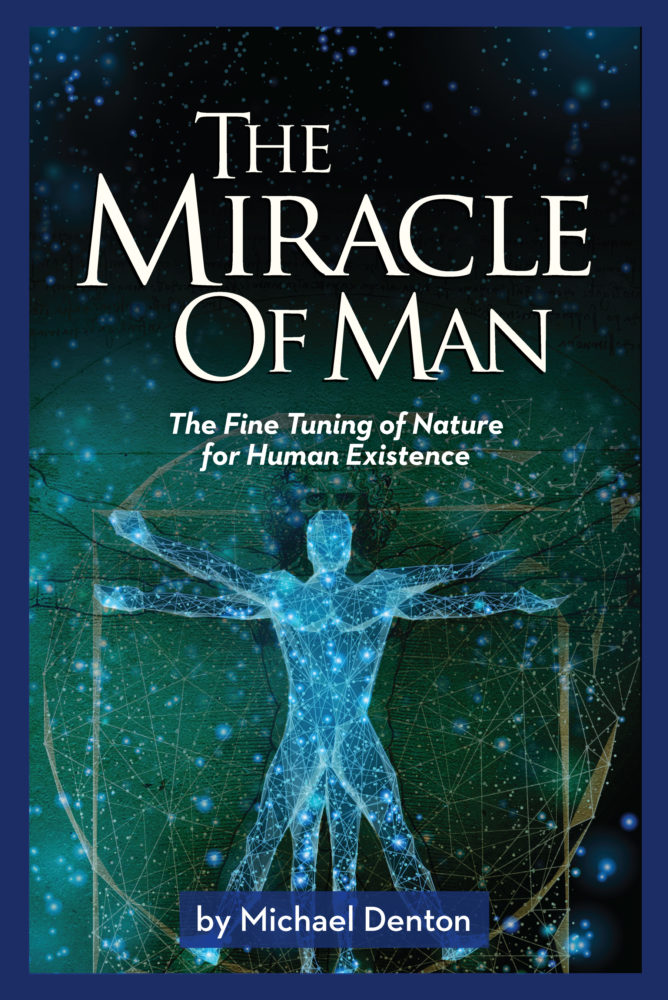
The Miracle of Man
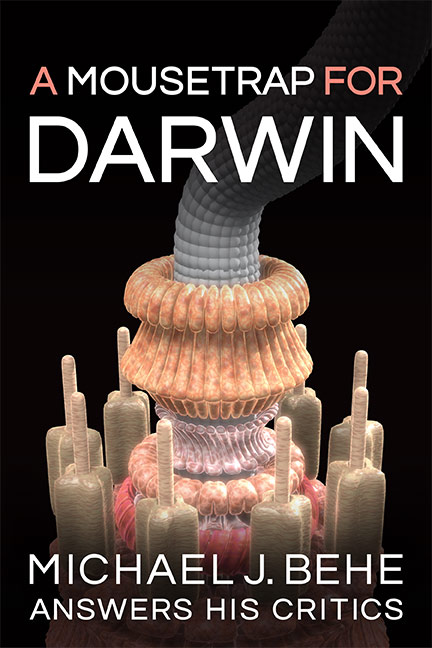
A Mousetrap for Darwin
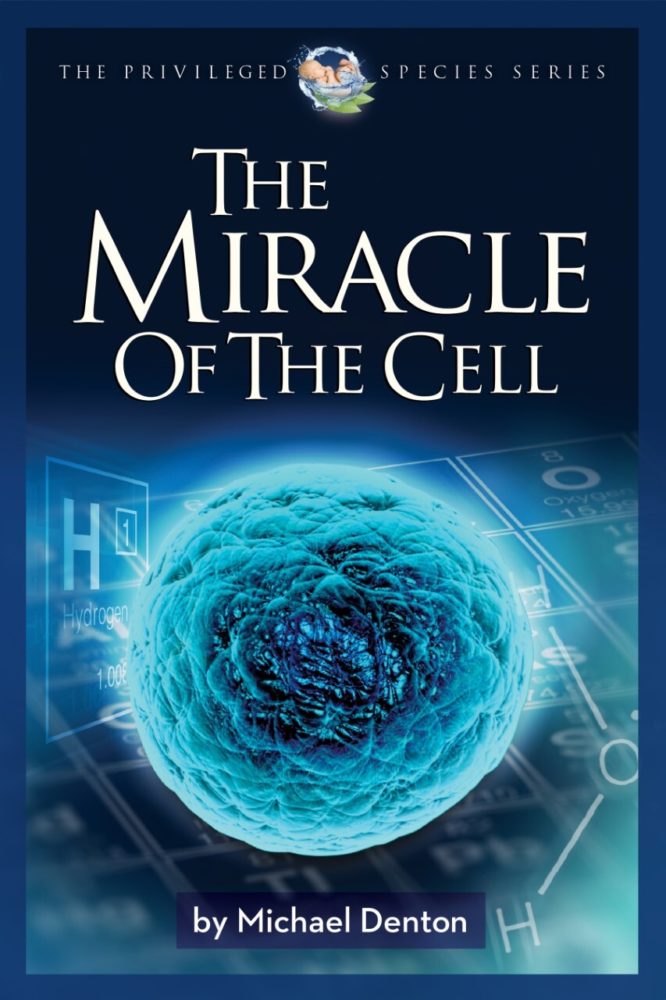
The Miracle of the Cell
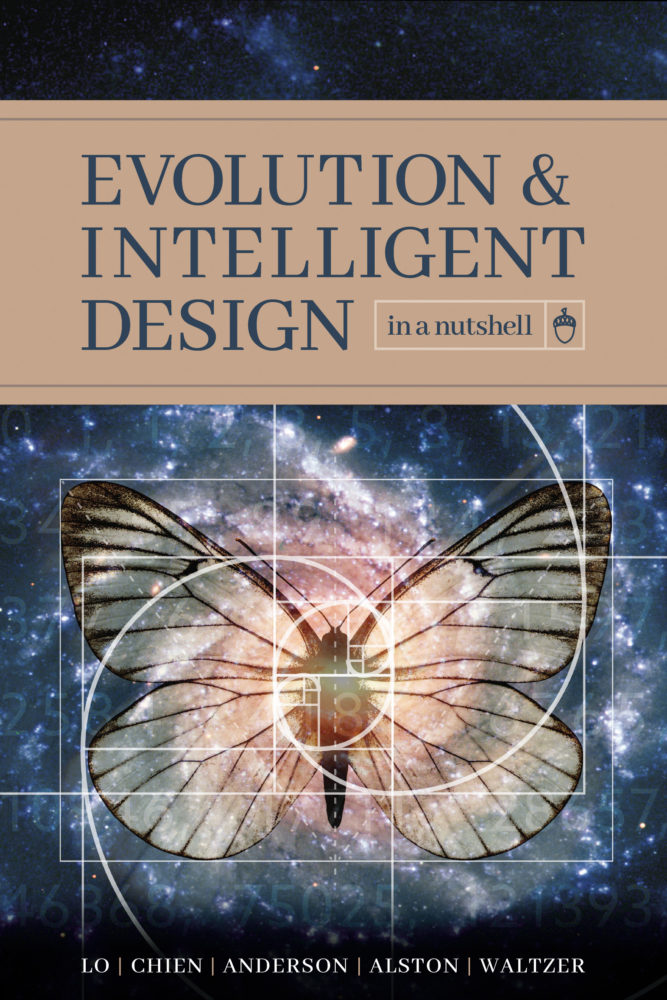
Evolution and Intelligent Design in a Nutshell
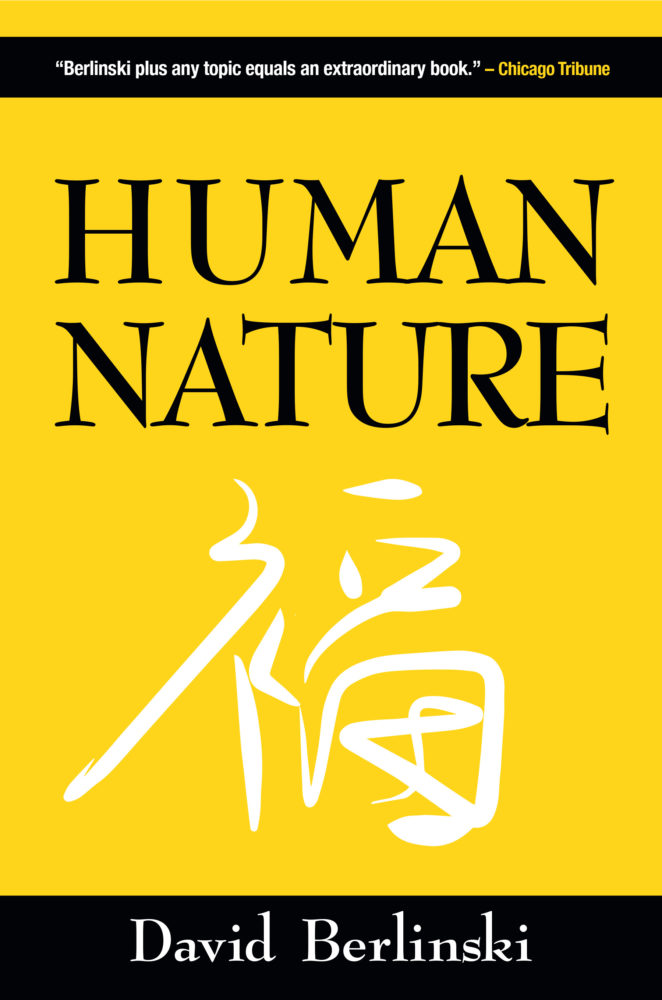
Human Nature
… More Books in Science, Intelligent Design, and Evolution
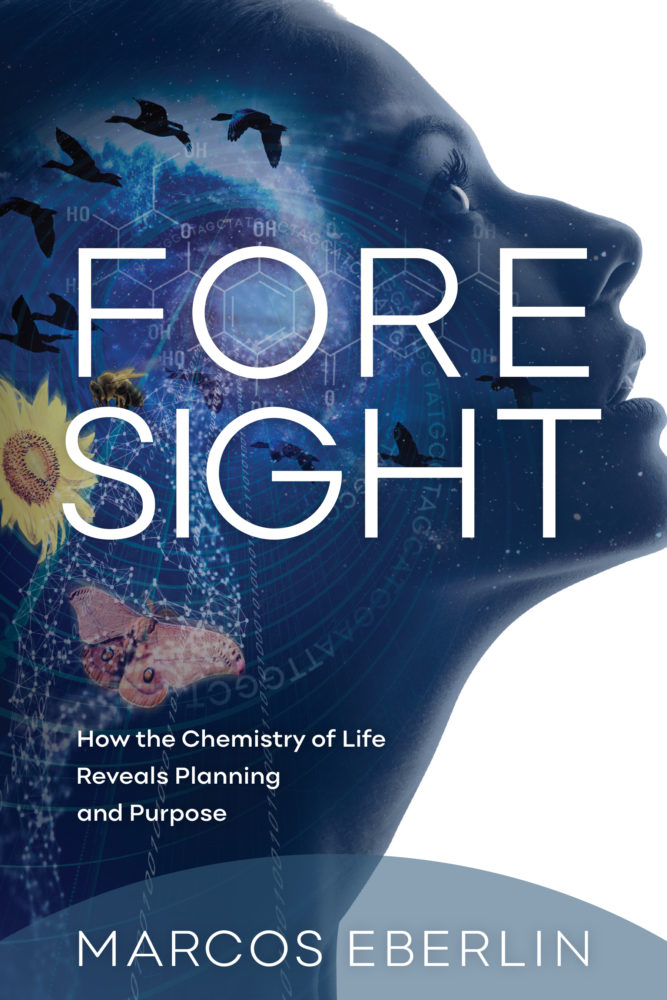
Foresight
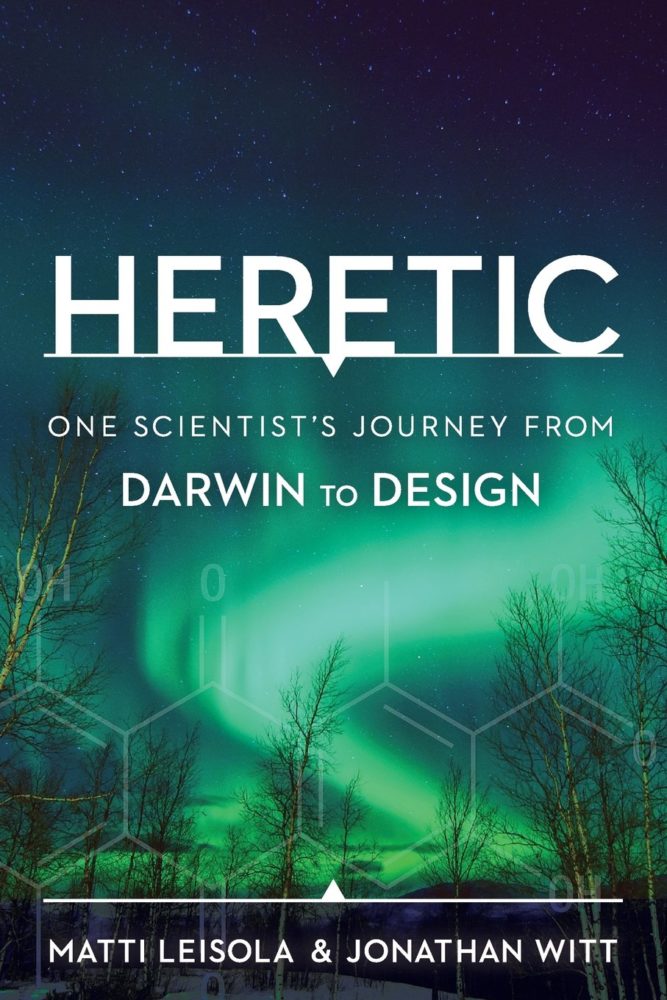
Heretic
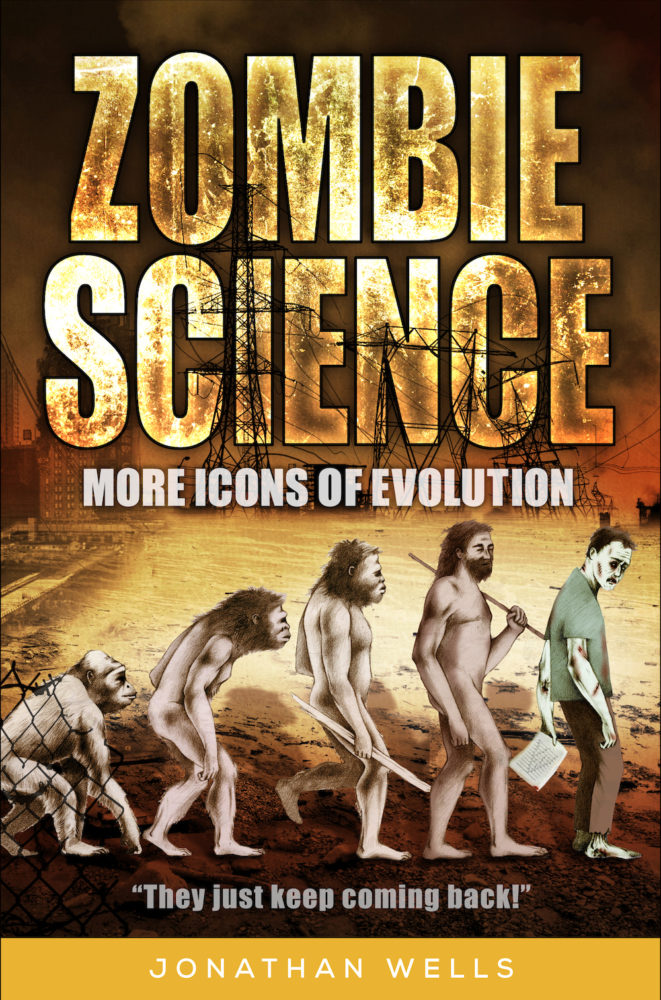
Zombie Science
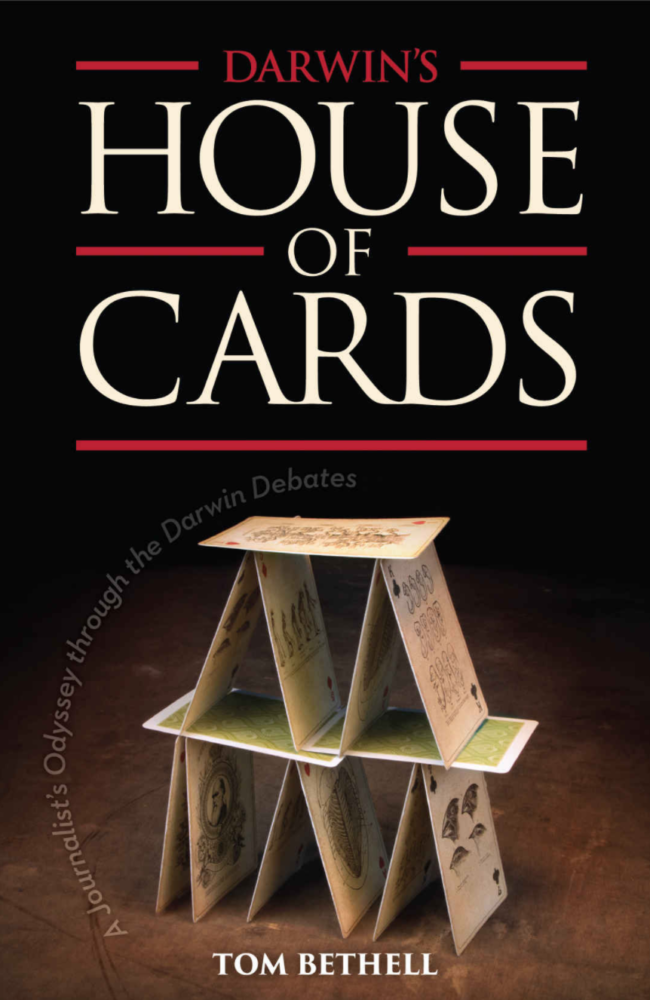
Darwin’s House of Cards
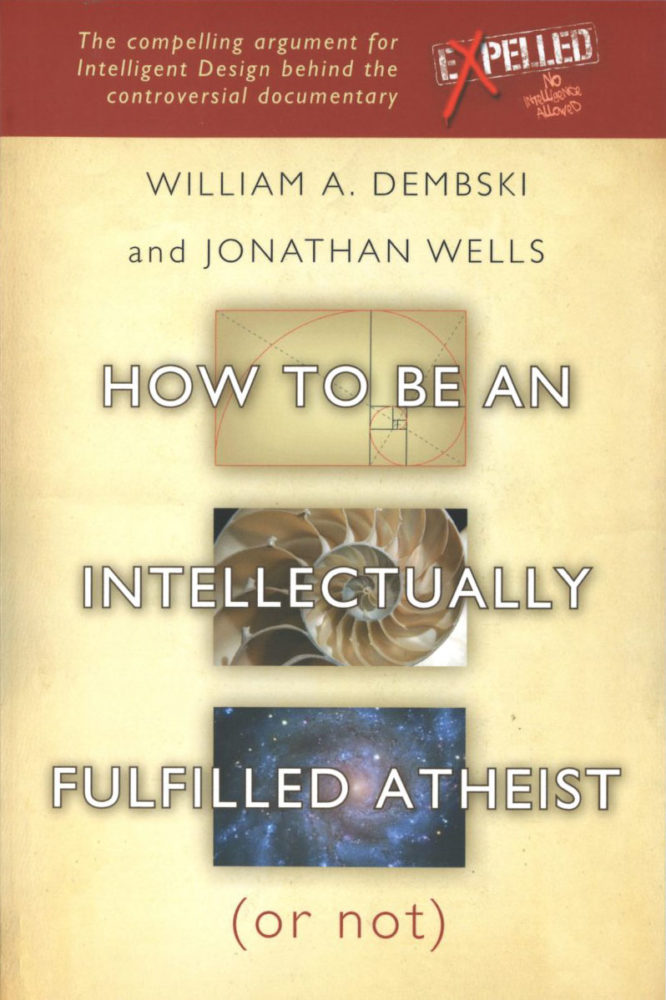
How to be an Intellectually Fulfilled Atheist (Or Not)
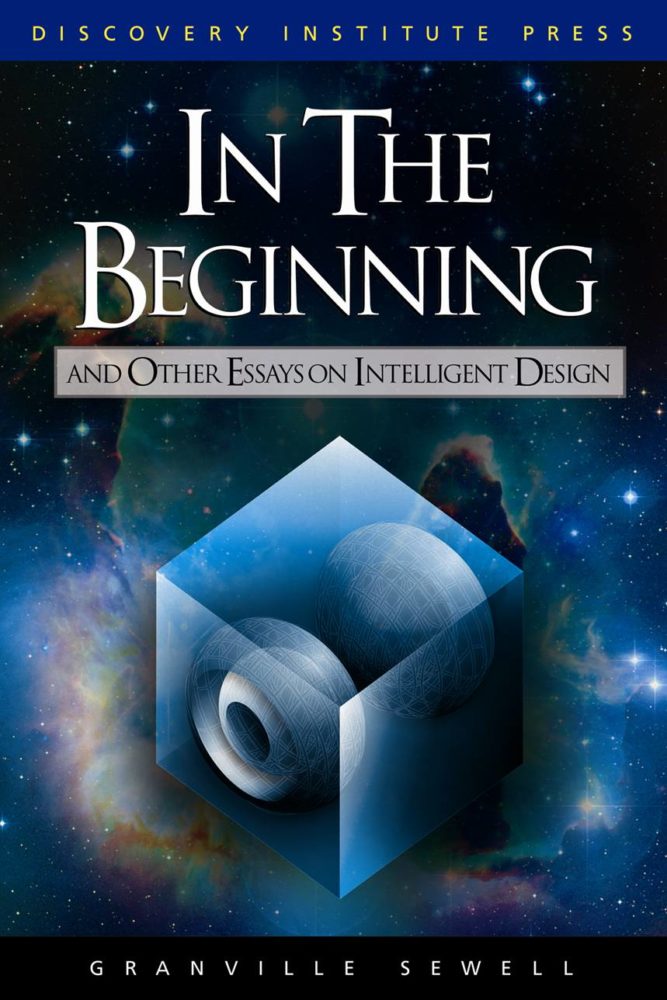
In the Beginning
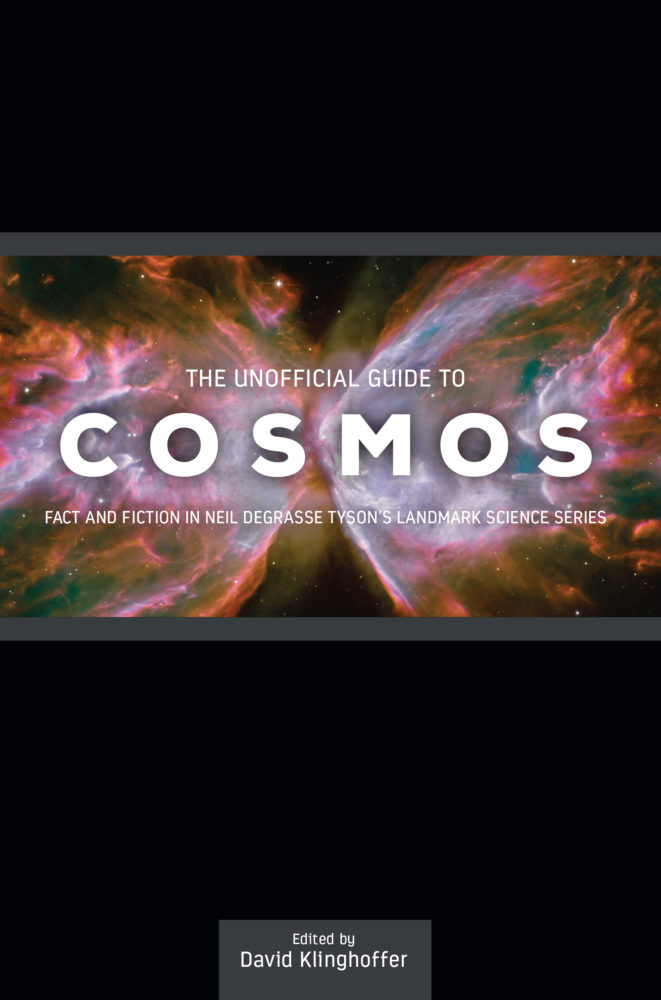
The Unofficial Guide to Cosmos
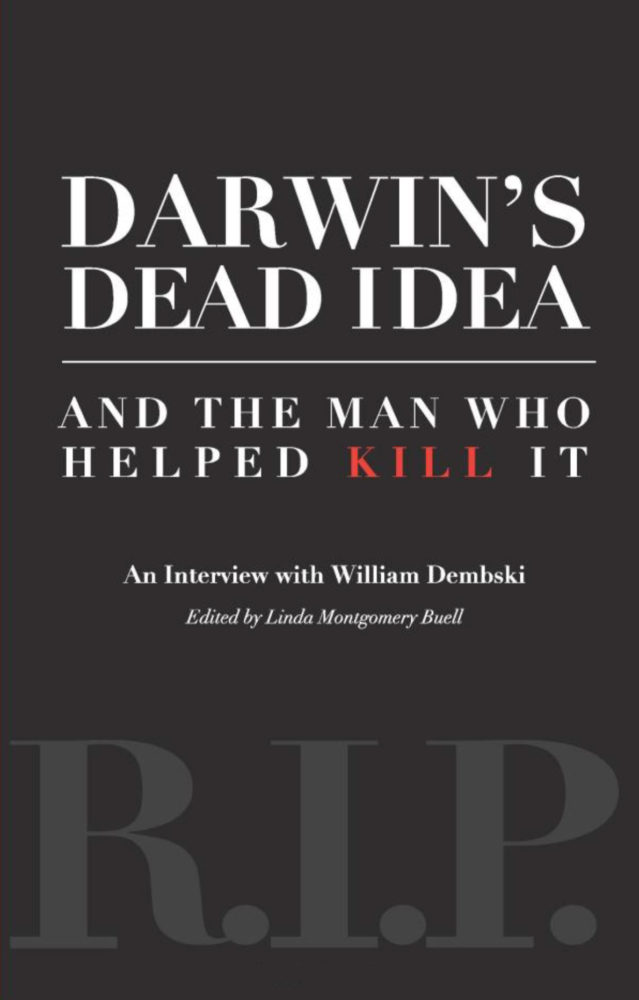
Darwin’s Dead Idea and the Man Who Helped Kill It
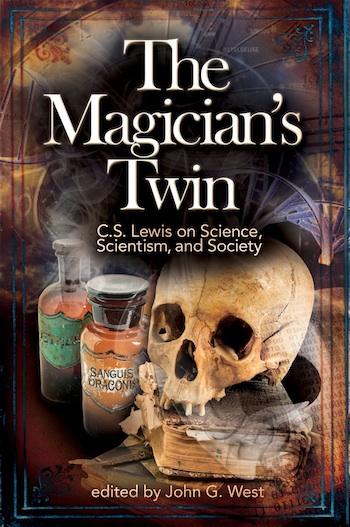
The Magician’s Twin
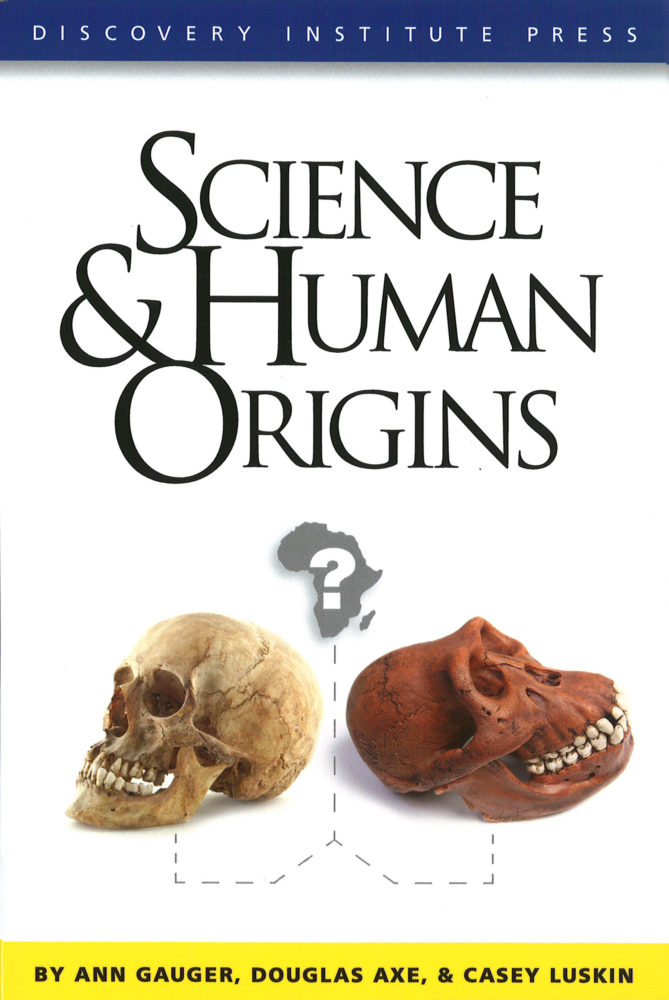
Science and Human Origins
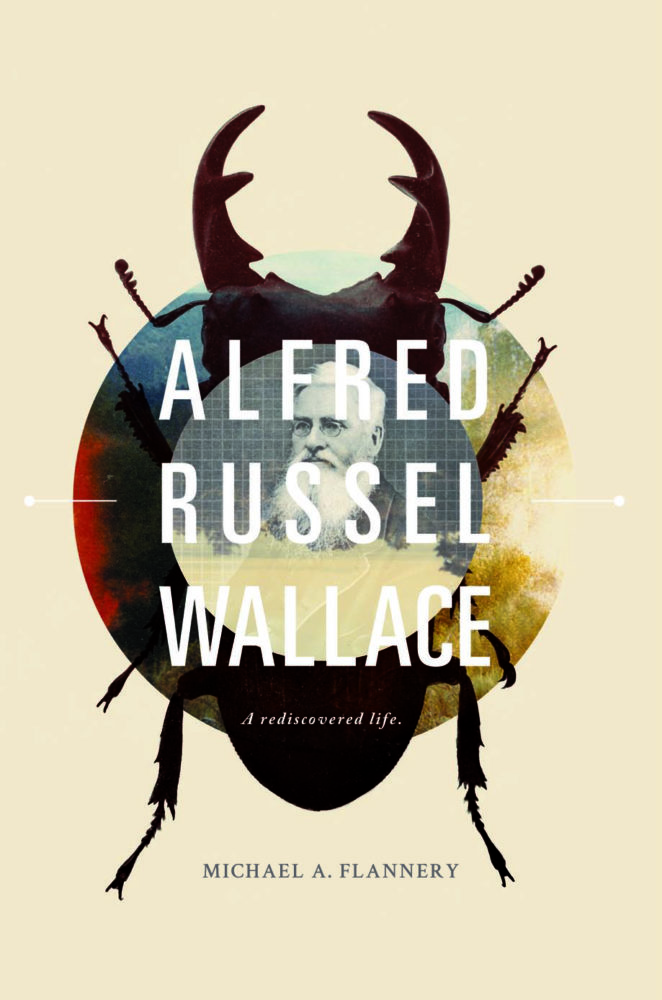
Alfred Russel Wallace
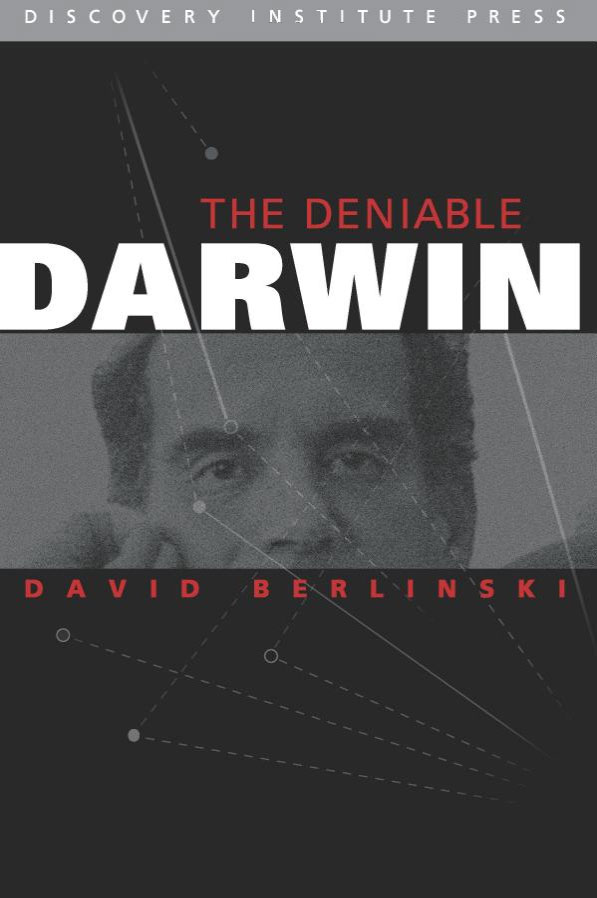
The Deniable Darwin and Other Essays
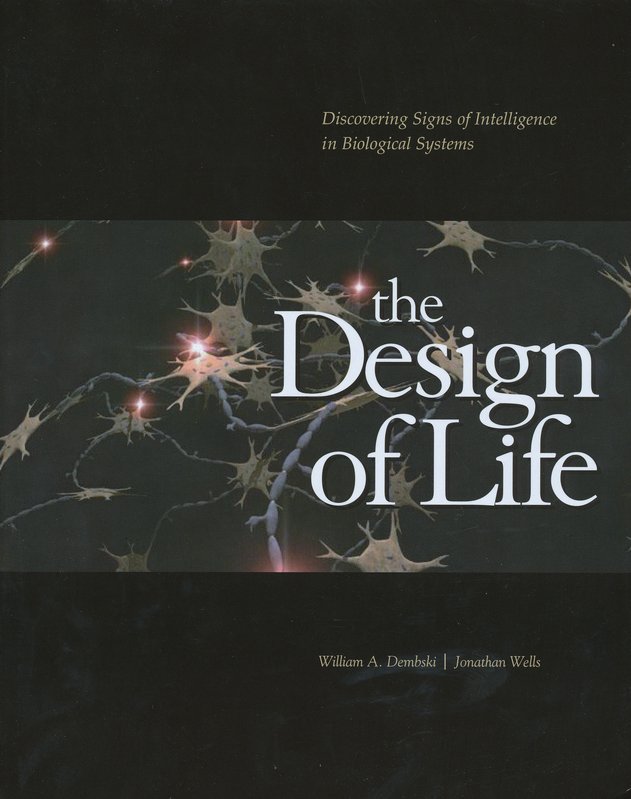
The Design of Life
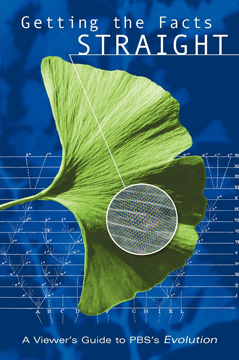
Getting the Facts Straight
Science and Culture

Science After Babel

Darwin Comes to Africa
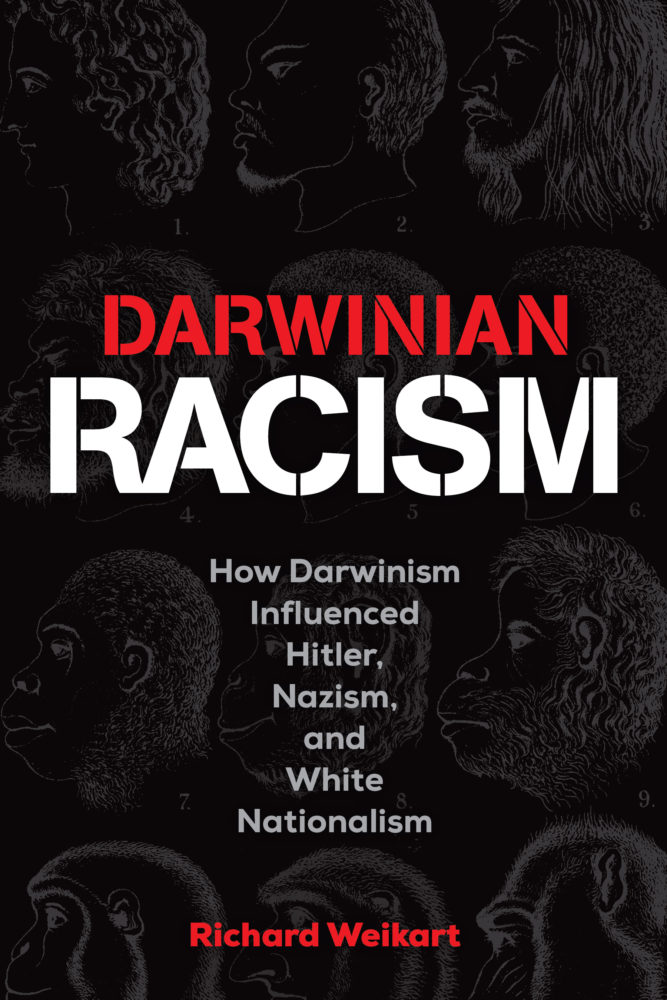
Darwinian Racism

Human Nature
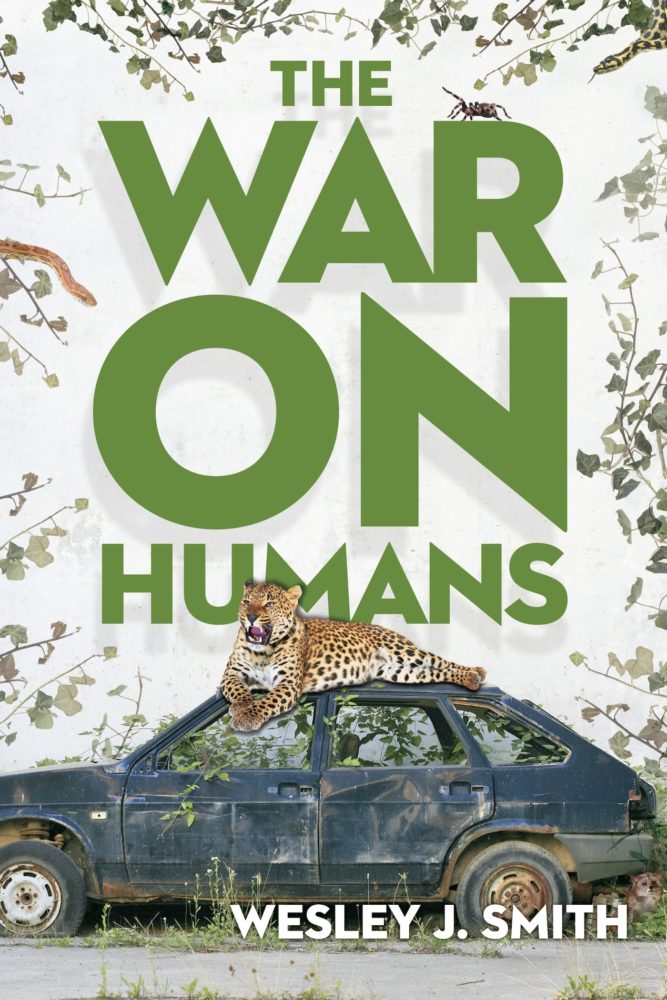
The War On Humans

The Magician’s Twin
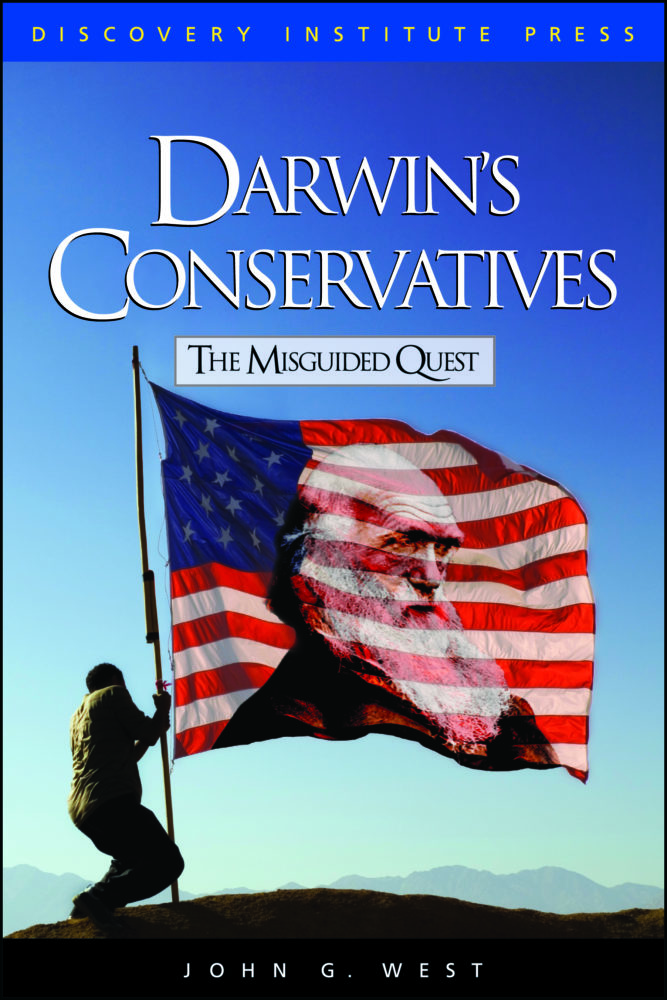
Darwin’s Conservatives
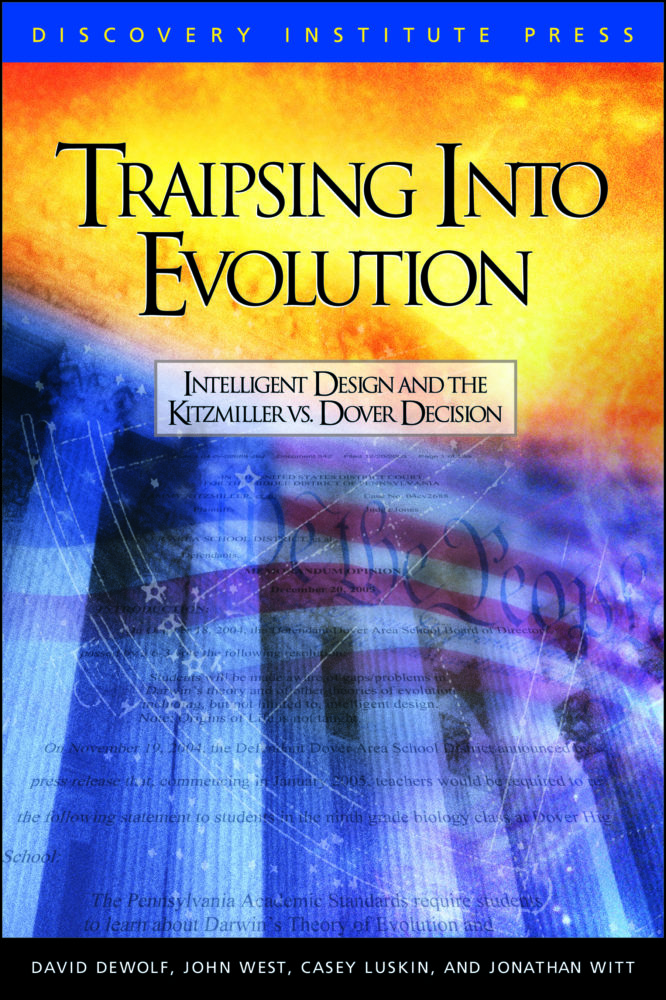
Traipsing Into Evolution
Science and Faith
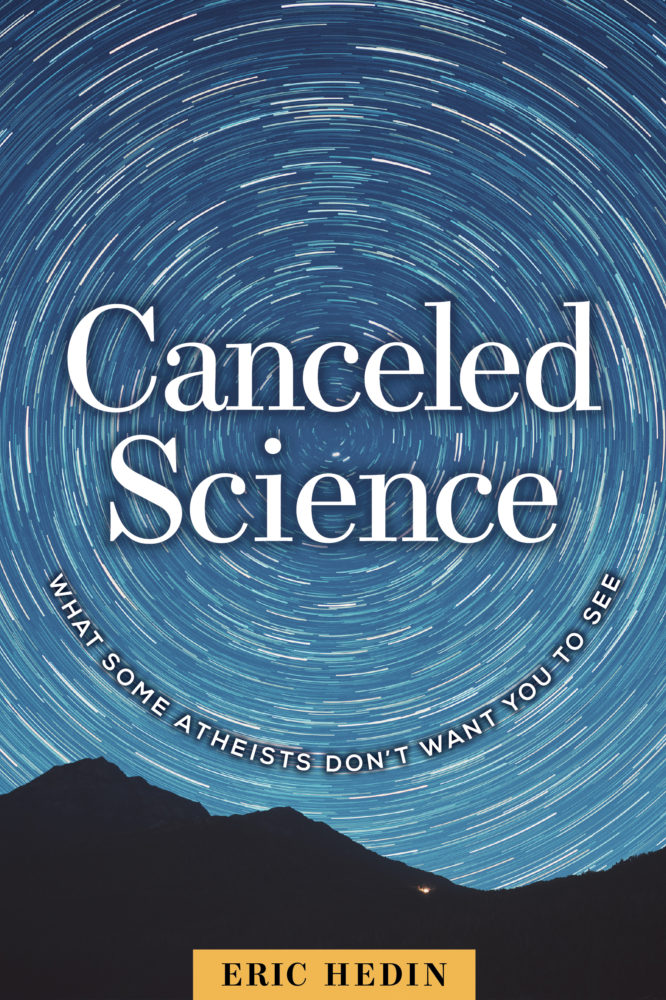
Canceled Science
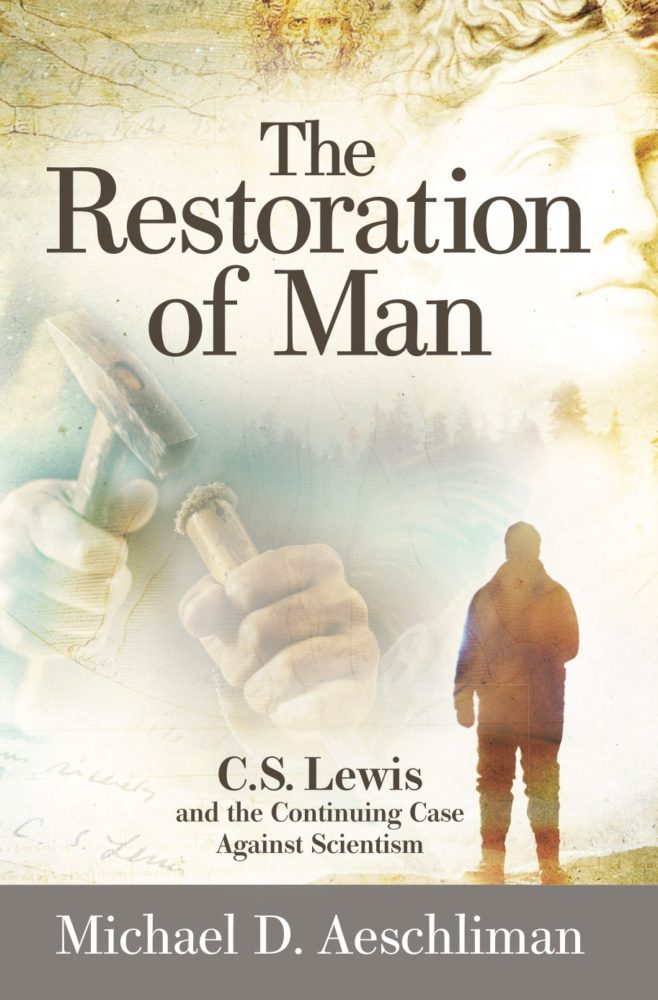
The Restoration of Man

How to be an Intellectually Fulfilled Atheist (Or Not)

In the Beginning

The Unofficial Guide to Cosmos

The Magician’s Twin

Science and Human Origins
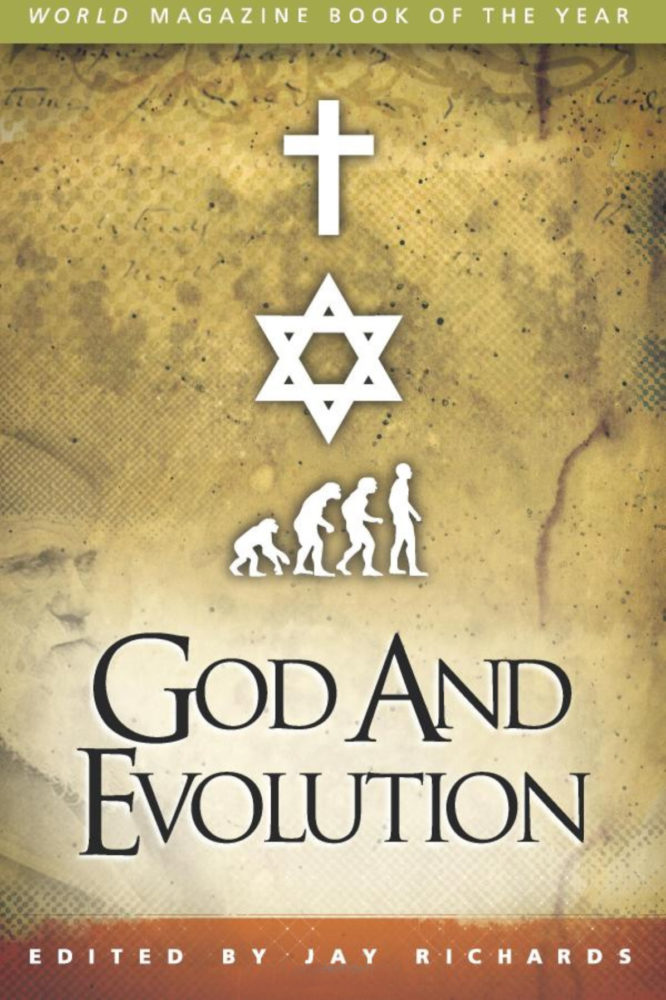
God and Evolution
